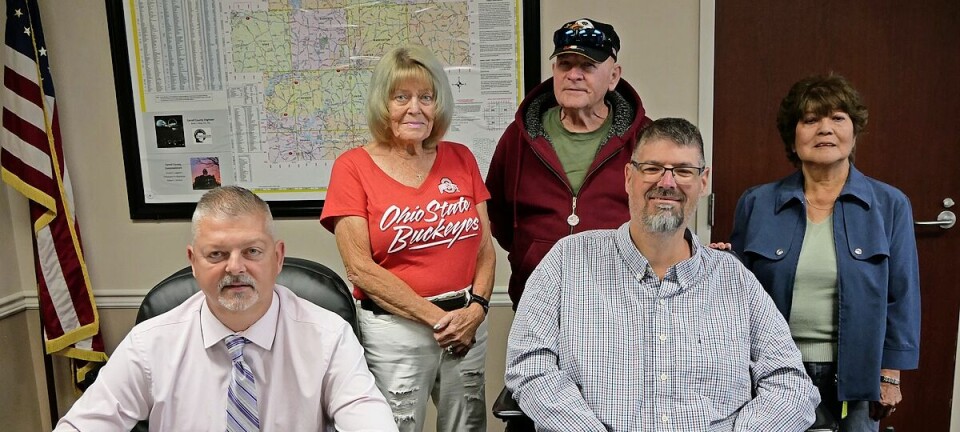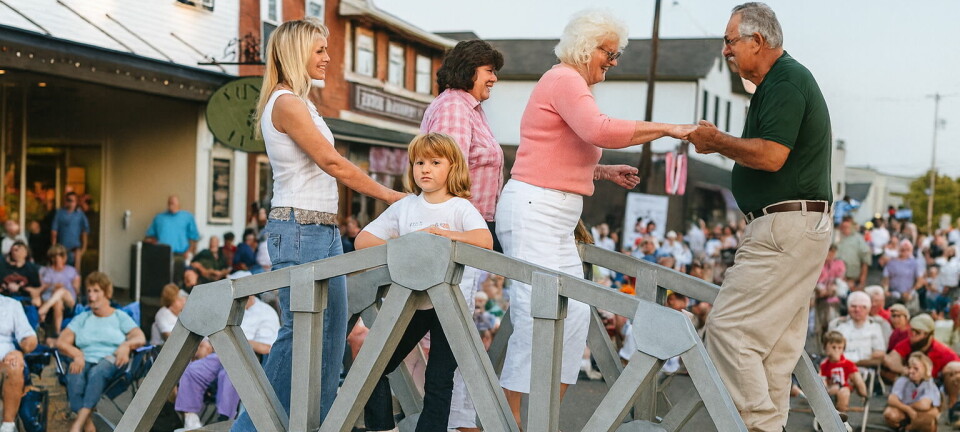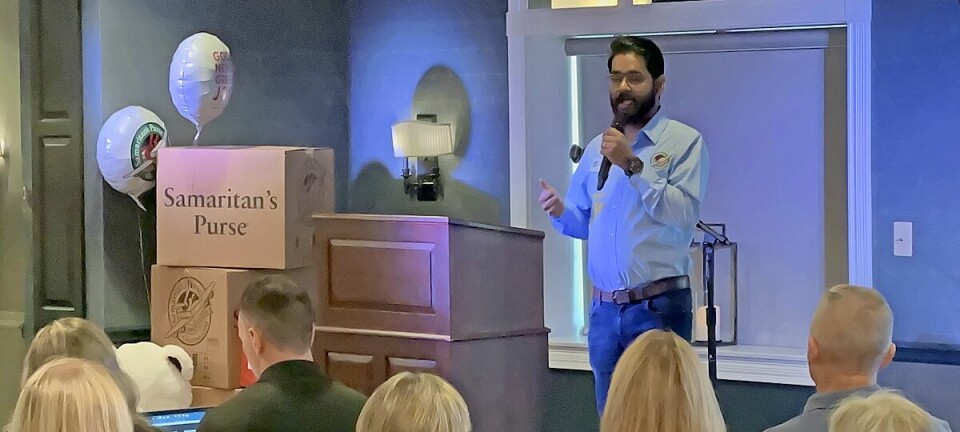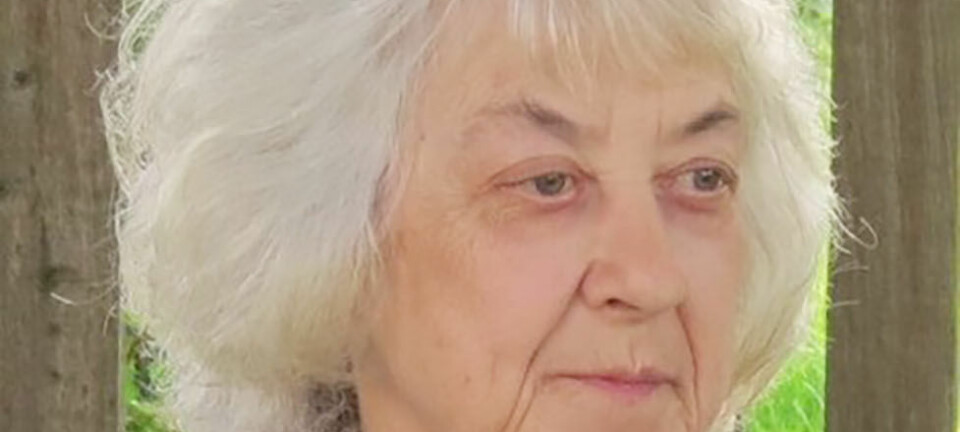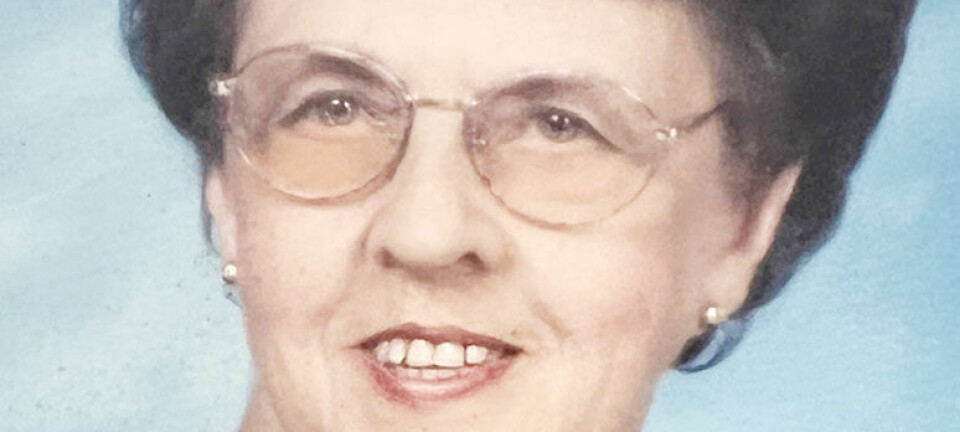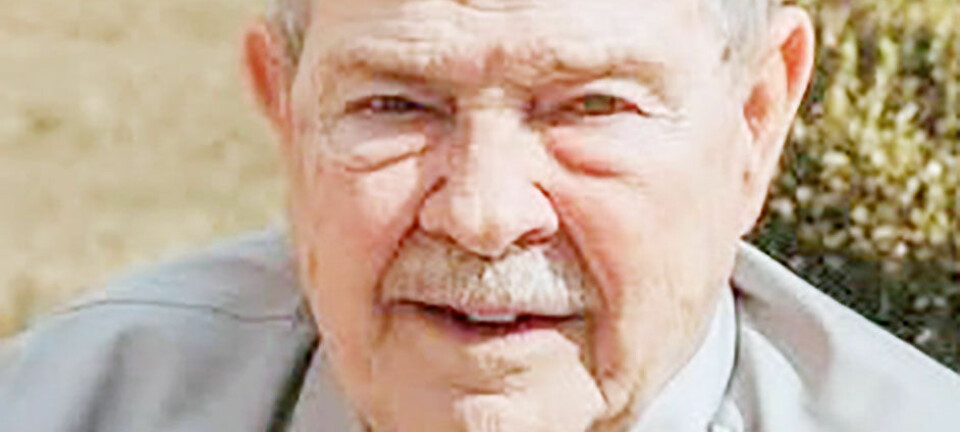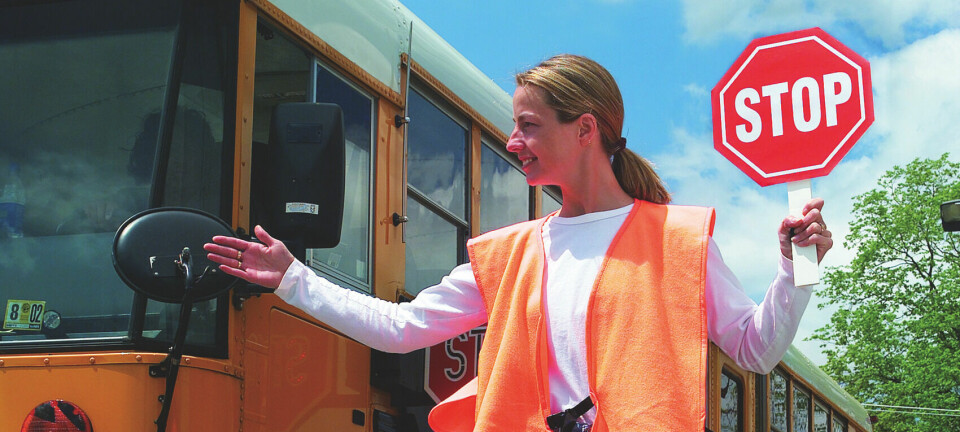Senior survey focuses on reducing falls in Holmes County
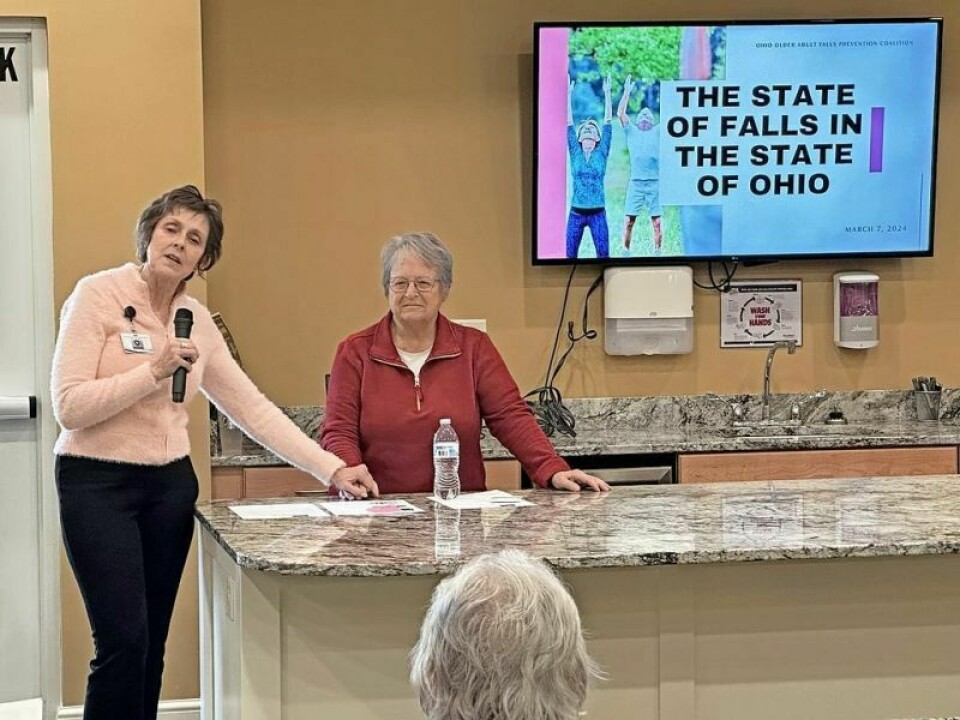
Toddlers wobble and fall down constantly, and it is viewed as a part of life. They will pick themselves up and more than likely do it again and again.
However, as people age and enter their senior years, falling down does not have to be a part of the experience, despite the fact many people believe falling down in senior years is simply part of life.
On Thursday, March 7 at Danbury Senior Living, Kerry MacQueen and Cheryl Seabright, co-chairs of Standing Against Falls Coalition of Holmes County, presented the findings of the recently completed Holmes County Fall Prevention Survey to a group of seniors who were then invited to share their input on ways the county can spread the word about the importance of better understanding how seniors can better deal with preventing falls.
MacQueen, Holmes County General Health District, and Seabright, owner of Cheryl’s L.I.F.E. Fitness, were joined by Elizabeth Fries from the Union County Health Department and coordinator of Ohio Older Adult Fall Prevention Coalition.
Fries addressed the state of falls in Ohio, noting 25% of people over 60 will suffer from falls annually, and 1-in-5 of those will result in serious injury.
“An older adult falls every minute in Ohio,” Fries said. “We need to continue to stress the idea of having honest conversations with our doctors about fall concerns.”
Fries then spoke about the three main projects the state health department and falls coalition are focusing on in 2024.
Those focal points include a statewide falls campaign through professional organizations that will include television and radio spots, a billboard campaign, public service announcements, and more details concerning falls prevention.
“The exciting thing is that we will be presenting a unified message of how falls are not inevitable,” Fries said. “It’s a long time overdue, and hopefully, it gets people’s attention and get the word out.”
The second is a pilot program project. This is a mini-grant opportunity available to organizations across the state that can help falls programs take root.
“We can help bring new programs to senior centers, classes and programs in communities and provide seed money to purchase equipment and create training in tai chi or programs like Stepping On,” Fries said. “The hope is communities see the value and continue to invest.”
Finally, she spoke about the community paramedicine program that allows first responders an opportunity to take on larger roles than they traditionally would with falls victims.
“We hope to get grant funding into the hands of passionate people who want to make a difference,” Fries said.
In addition, the group attending heard a first-person story from Lois Fowler, a longtime nurse who experienced a pair of falls that could have been much more serious had she not quickly had them checked, thanks in large part by the urging of her family.
“I was always one of those people who believed it was never going to happen to me,” said Fowler, who as a nurse had seen plenty of senior fall victims over her career.
In 2018 Fowler suffered a major shoulder injury from a fall, and then in 2021, she fell and hit her head. In that instance she felt she didn’t need medical attention, but because of her family’s insistence, she went to the hospital, where they discovered a brain bleed.
Because she took precautions, this story ended happily. It doesn’t always, however.
“I learned so much throughout this whole process,” Fowler said.
Much of what she learned was how to help prevent falls. Wearing proper footwear designed for older people and taking balancing classes as people age were only two of the many things Fowler said she learned about preventing falls.
Fowler said she suffered from many of the misnomers elderly people think when they fall. Thoughts like “it’s not that bad,” “I don’t want to be a nuisance” and “it’s too embarrassing to ask for help” are all reasons fall victims end up worse off than had they simply taken the next step and sought help or medical attention.
“I think what I liked was that it wasn’t only myself who learned a lot,” Fowler said. “My kids and grandkids took an interest in this too.”
“It’s OK to ask for help,” MacQueen said. “Falls don’t have to be an inevitable part of our lives as we age. There are things we can do to improve the chances of eliminating falls. Lois’ testimony is a great example of what we’re supposed to do when we fall. If you fall and hit your head, go to the doctor and get it checked out or contact your physician and ask them what you should be looking for or doing.”
MacQueen then walked those in attendance through the falls risk assessment survey, highlighting some of the findings.
She said three main risk factors continue to be at the center of falls for seniors: behavioral, environmental and physical issues.
“There’s still a lot of work to be done, but falls don’t have to be a part of the lives of those over 60,” MacQueen said. “But falls are not a normal part of aging, and it’s important to change our attitudes concerning falls. We have to learn how to create better balance as we age, to be more active and learn how to deal with side effects of medication that can lead to falls. We need to educate ourselves on all fall issues and create good habits.”
The group then was invited to share their thoughts and concerns about falls and the results and ways they believe the county could reduce falls and improve the quality of life.
What the 2023 Holmes County Fall Prevention Survey says
The Holmes County Health Department sent out 400 falls surveys to Holmes County seniors last year, with the hope of gaining some insight into preventing falls as people age.
Responses were strong, with 129 people responding to the 37-question survey.
MacQueen shared some critical findings from the survey:
—Seniors are living at home more than ever, which is a positive for quality of life, but they must learn to do so safely because the majority of falls take place in the home.
—When asked how many suffered from a variety of ailments, the top five responses included high blood pressure, arthritis, cataract vision problems, hearing problems and cancer. All five can play a role in falls, with medication being involved in each instance.
“With high blood pressure, it’s medication. Arthritis can lead to a lack of activity. Cataracts create vision problems that can lead to dizziness. Hearing problems can create vertigo, and going through cancer treatments, there is a high level of fatigue, hydration issues and a variety of combinations,” MacQueen said.
—Multiple medications for seniors increases the risk of succumbing to a fall because combinations can have a variety of side effects that could produce unsteadiness, blurred vision and more.
“73% of our respondents said they were taking four or more medications,” MacQueen said. “That’s a lot. We need to know what we’re doing to stay safe. Talking to doctors about the side effects of medications is critical.”
—Lack of activity is a major factor in falls, and 19% of respondents said they include no activity at all in their daily routine.
“We have to move to create strong lower body strength to increase our balance,” MacQueen said.
—80% of those surveyed said they recognize falls do occur when people age, but with proper precautions, individuals don’t have to be part of that statistic.
—Fall-related visits to the local emergency room for those 60 and over has decreased from 354 visits in 2019 to 302 visits in 2023.
“Remember, that is only people who go to the emergency, not those who have a fall and get themselves up or have EMS personnel do it for them in their home,” MacQueen said.
There is much more information available on the survey, and there are classes offered in Holmes County specifically designed to help deter falls.
For more information call MacQueen at 330-674-5035 ext. 251 or visit the HCHD website at http://holmeshealth.org.







